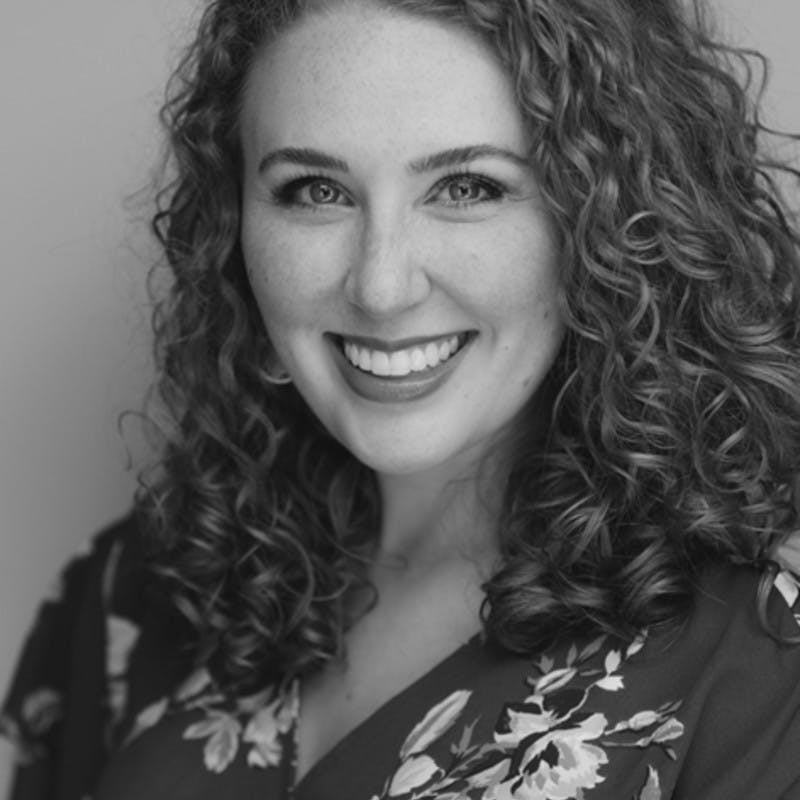Feel like you’re not getting anywhere with your practice? HOW you practice is even more important than how often you do it.
I learned a lot from reading Daniel Coyle’s book, The Talent Code, which dispels the myth that some people are just born with it and that there’s no hope for the rest of us.
Here are some tips to get more out of your practice (and if you’re interested in learning more, pick up a copy of the book!):
1. Be intentional
Start each practice session with a simple goal, like, “Today I’m going to make sure I use a real chest voice for my lower notes,” or, “I will keep my volume even while singing through my first and second passages.”
Continue to check in with that goal—are you doing it?
2. Always start with vocalizing
Start with actual exercises on various scales and sounds, like a lip trill, or syllables like NAY or GEE; whatever works best for you. Vocalizing should make up at least 50% of your practicing!
Just singing songs will NOT make you a better singer. Vocal exercises are where the real work is done in improving your voice. It’s comparable to doing bicep curls before attempting a weightlifting competition, or doing plies at the barre before learning a dance combination out in center.
3. Mix it up
When learning a new song, sometimes it helps to tackle the hardest part first—perhaps that’s the bridge or the high notes at the end. Learning each song from the beginning may mean you never get to those more challenging spots!
Mix it up and practice your new song section by section rather than the whole thing all at once.
4. Don’t wear yourself out
Ten to twenty minutes of practice may be all you need or have the stamina for at one time, especially as you start out.
Pay attention to how you feel; you should feel like you got a good workout by the end of your practicing (meaning you did real work and made a real effort), but not total exhaustion or like you’ve lost your voice.
5. Continue lessons with a teacher
It is great to practice at home, but don’t forget that live lessons with a real teacher are meant to keep you on the right path! Nothing can replace a real live teacher’s ear and expertise when it comes to improving YOUR individual voice.
Rely on your teacher’s feedback for which exercises will help you the most in your at-home practicing.
6. Stay committed
Practicing once a week is a good start, but twice a week (or five times!) is better. What separates the good from the great is their level of commitment.
It takes 10,000 hours to be an expert at something—how far along are you?








